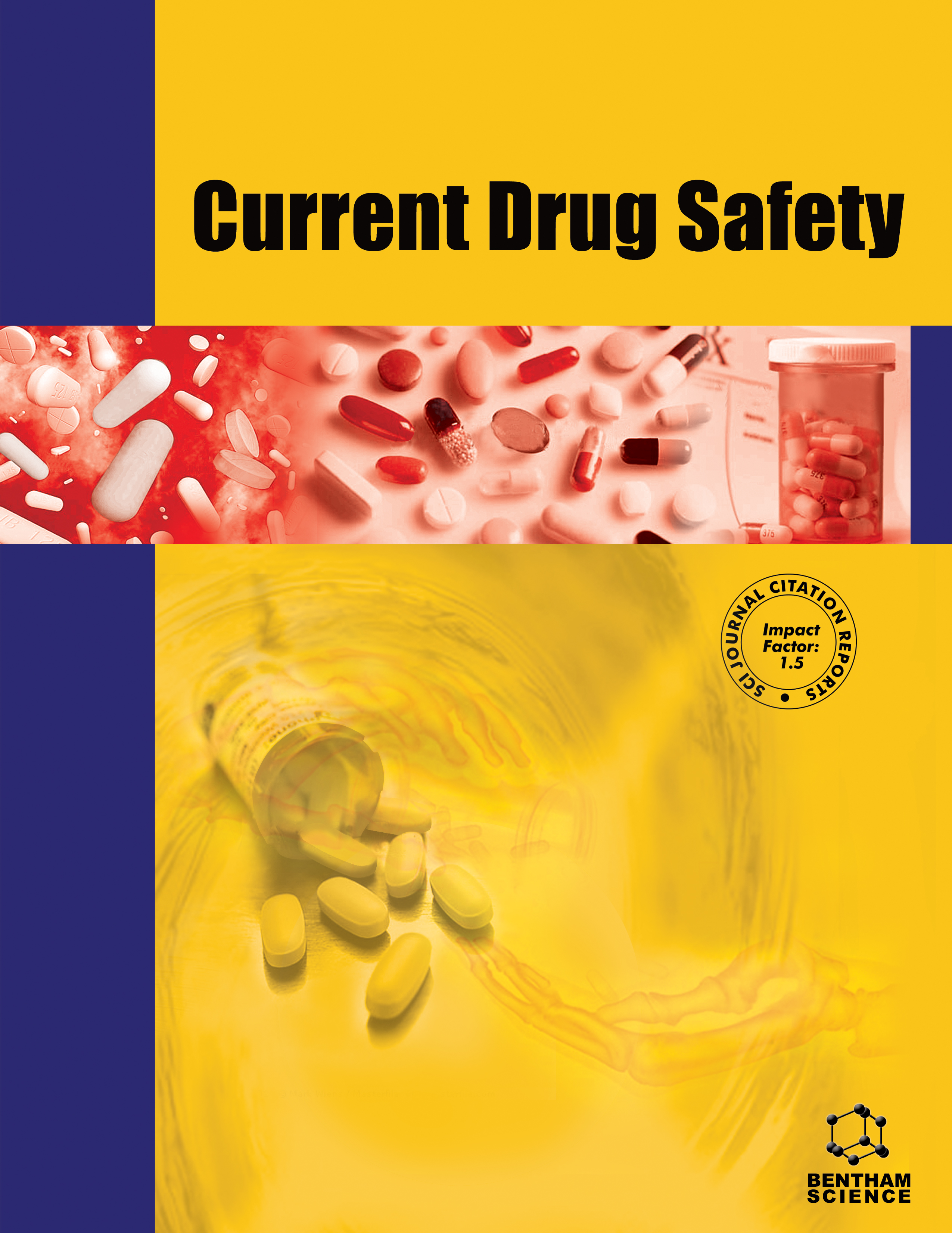-
oa Editorial [Towards Responsible, Safe Self-Medication (Guest Editor: Alan Talevi)]
- Source: Current Drug Safety, Volume 5, Issue 4, Oct 2010, p. 314 - 314
-
- 01 Oct 2010
Abstract
During the last few decades we have witnessed to a progressive deregulation of drug use and drug advertising. A good example of this process is the impressive number of medications which have been shifted from ‘prescription only’ to ‘over the counter’ status. Beyond economic interests on this status change (e.g. from pharmaceutical industry or health insurers) other less controversial motivations have been risen as arguments for self-medication. Among these are, wider and faster accessibility to drugs for patients and best use of physicians’ busy agendas. In a deregulated scenario, hard pressed physicians are freed from prescribing medications for minor, easily diagnosed ailments and pharmacists’ skills are better exploited. There is indeed a strong ethical basis for recognizing patients’ undeniable right to take part in medical decisions related to their own health and develop self-management abilities. Wider accessibility to medical information through modern communication technologies seems to have made these changes towards participatory models of health more pronounced. Nevertheless, there are still some risks and difficulties related to patients’ empowerment. True empowerment and true democratization of medical resources do not depend merely on ease of access to medications. Access to drugs is, at most, a necessary but not sufficient condition. As emphasized by all the articles in this issue, in an information era, for a patient to make a rational, safe use of the profuse, readily available medical resources (whether we think of drugs or medical information) access to quality, balanced information and education of the patient to search and appraise health-related info should be given priority. However, a number of studies prove that drug advertising often provides biased, unbalanced or vague information, frequently with a strong emotional content. What's more, the quality of online health information is highly variable and at present patients rely more and more on lay referral networks (instead of health professionals) for medical decisions. I fail to see the advantage of wider access to medications without a consequent wider access to lay education on safe health practices and appraisal of medical information and wider accessibility to quality encounters with health professionals (i.e. physicians and pharmacists): medications are one of the many tools in healthcare management and self-care practices are not meant to replace the encounter with the health professional but actually to complement it. The construction of risk perception around consumption of medications is another issue that deserves attention. The aforementioned unbalanced drug advertising together with the profusion of lifestyle drugs that defy our definitions of health and disease, the emergence of drug sale spots without health professional's surveillance and the very way in which drugs are commercialized at the pharmacies are some of the factors that bend the patients' perspective on drugs towards the belief that (at least some) medications should be treated as common, and completely safe, trade items. Drugs are no longer perceived as goods of rare, exceptional use that should always be consumed with certain precautions, but as usual part of our daily routine and landscape. We are far from being in position of guaranteeing access to quality, safe information on health to the patients and we are far from a general sensible, equilibrated use of the abundant modern medical resources. Return to a highly regulated scenario seems quite unlikely to happen, and an absolutely rational (and general) use of medicines appears as a distant, uncertain reality. Health professionals should accept this reality and adopt a new -not leading- role in health management, helping the patients to make the best possible use of the possibilities of this new, complex scenario. In the last decades, many universities and health institutions worldwide realized this reality, and physicians and pharmacists' formation have gained in courses on communication and clinical practice skills. The current, special theme issue on self-medication of Current Drug Safety opens with an interesting review from Ruiz, which analyzes current literature on risks of self-medication practices, with emphasis on drug-drug interactions, abuse and/or dependence and misdiagnosis and inappropriate choice of treatment. Pfaffenbach et al. examine the under-studied phenomena of self-medication in children and adolescents. Grigoryan et al. review current studies on the urgent, Public Health issue of self-medication with antibiotics, focusing on the consumption patterns in Europe. Consolini and Ragone review the most common herbal drugs used in self-medication in Buenos Aires province (Argentina) and their possible adverse reactions. Finally, Talevi analyzes the reasons behind the so-called “expert patient” and their influence on the self-medication practices and the patient/healthcare provider relationship.


